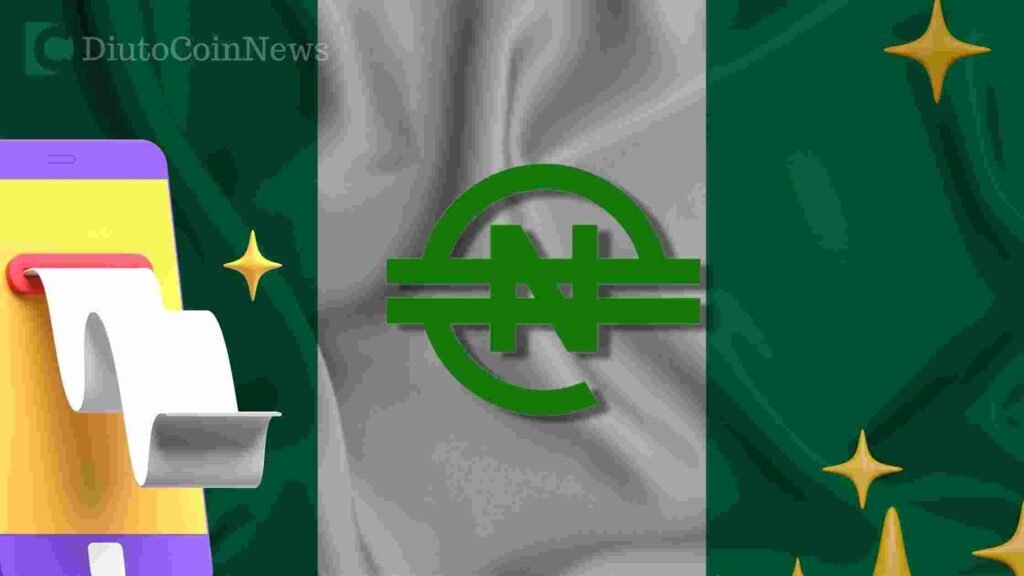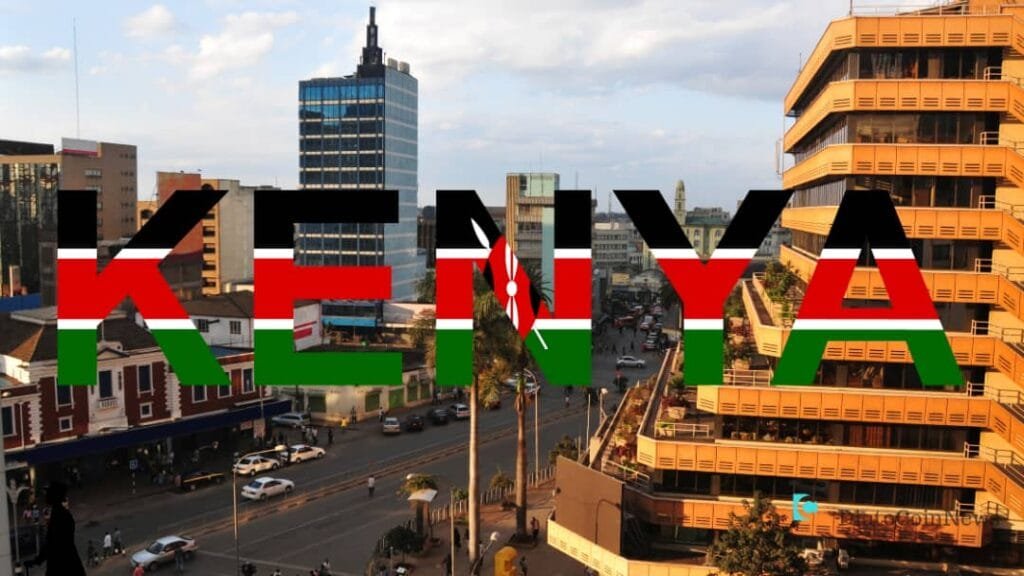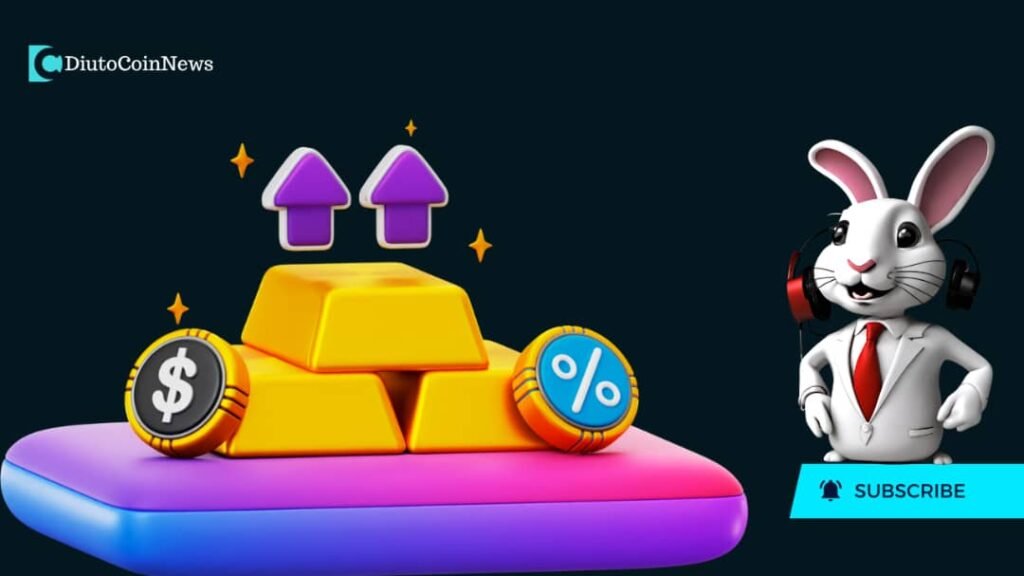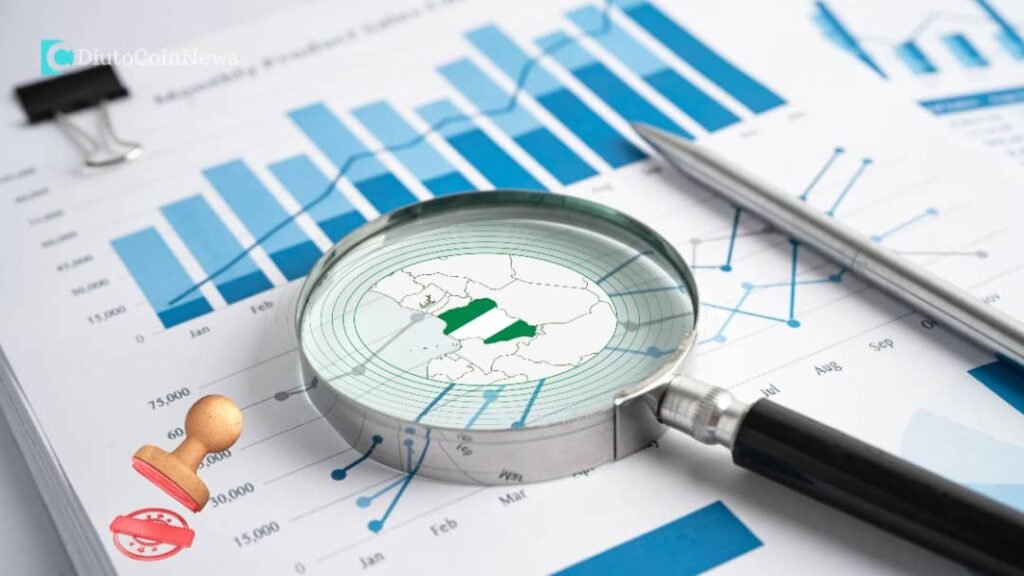Nigeria’s hyperinflation reduced for the first time in 11 months in December, raising the chance that the central bank will slow the pace of interest rate hikes ahead of presidential elections next month.
The inflation rate fell to 21.3% from 21.5% in November, according to data published on the National Bureau of Statistics’s website on Monday. The median estimate of four economists according to a Bloomberg survey was 21.8%.
The inflation rate has now exceeded the central bank’s 9% ceiling for more than seven years and averaged 19% in 2022.
The December slowdown may prompt the Central Bank of Nigeria’s monetary policy committee to increase rates by a smaller increment at their meeting next week, the only one before elections on Feb. 25.
MPC members reiterated in November, when they hiked by 1 percentage point, that they want to close the gap between inflation and the policy rate — currently at 480 basis points.
“We expect the CBN to hike rates by 50 basis points to 17%,” to drive inflation downwards and further reduce negative real interest rates, which deter savings, said Daniel Sodimu, sub-Saharan Africa analyst at FrontierView.
Also Read: Nigeria Inflation Reaches 17 Year High, Nears 20% As Crypto Traders Go For Stablecoin USDT, BUSD.
He forecasts that the central bank is likely near the top of its tightening cycle, and the policy rate will probably peak at around 17% to 18%. That’s as monetary authorities will be wary of being too hawkish and undermining economic activity in 2023, Sodimu said.
The slowdown was driven by a deceleration in food-price growth to 23.7% in December from 24.1% in the previous month, while core inflation, a reflection of underlying price pressures, quickened to 18.5% from 18.2%. Prices rose 1.7% in the month.
Discover more from DiutoCoinNews
Subscribe to get the latest posts sent to your email.













